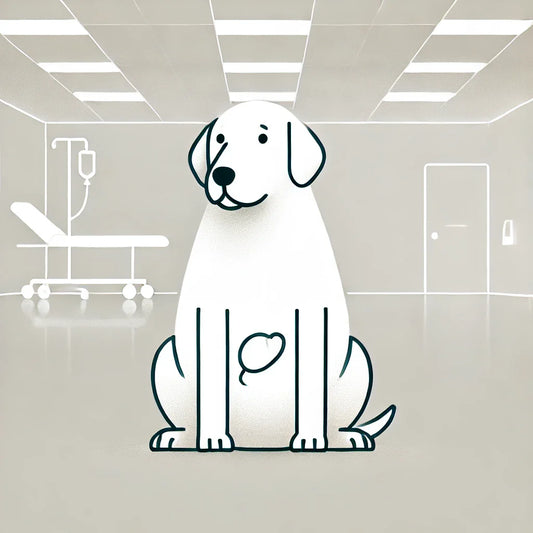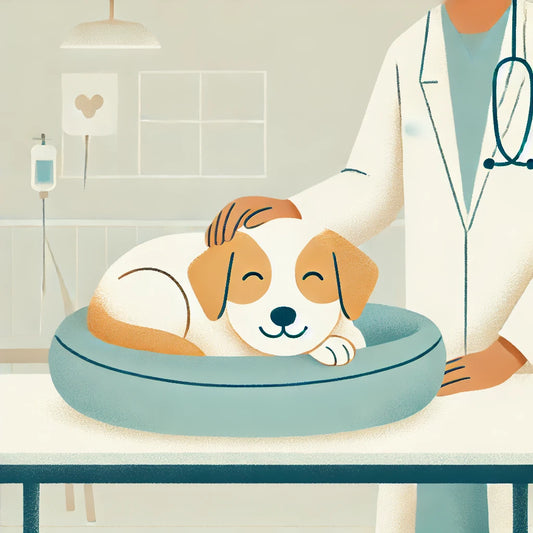blog

Large Abdominal Tumors in Dogs: Decoding the My...
Discovering a large tumor in a dog’s abdomen can be one of the most distressing experiences for a pet owner. The sight of an expanding mass brings many questions, fears,...
Large Abdominal Tumors in Dogs: Decoding the My...
Discovering a large tumor in a dog’s abdomen can be one of the most distressing experiences for a pet owner. The sight of an expanding mass brings many questions, fears,...

Dog Nosebleeds: Could It Be Cancer? Understandi...
Nosebleeds in dogs, while often attributed to minor issues, can sometimes signal a more serious underlying condition: cancer. Specifically, nasal tumors are a primary cause of persistent nosebleeds in dogs....
Dog Nosebleeds: Could It Be Cancer? Understandi...
Nosebleeds in dogs, while often attributed to minor issues, can sometimes signal a more serious underlying condition: cancer. Specifically, nasal tumors are a primary cause of persistent nosebleeds in dogs....

Renal Cancer in Dogs: Understanding the Basics
Renal cancer, or kidney cancer, is a rare condition in dogs, but it can significantly impact their health and well-being. This type of cancer typically affects one or both kidneys...
Renal Cancer in Dogs: Understanding the Basics
Renal cancer, or kidney cancer, is a rare condition in dogs, but it can significantly impact their health and well-being. This type of cancer typically affects one or both kidneys...

The Number One Cause of Cancer in Dogs: Underst...
Cancer is a leading health concern for dogs, with approximately one in four dogs developing cancer in their lifetime. Understanding the primary causes can help dog owners take preventive measures...
The Number One Cause of Cancer in Dogs: Underst...
Cancer is a leading health concern for dogs, with approximately one in four dogs developing cancer in their lifetime. Understanding the primary causes can help dog owners take preventive measures...

A Window to the Soul: Understanding the Symptom...
Our dogs’ eyes are often described as windows to their souls. They communicate emotions, desires, and sometimes, even health issues. Among the various health conditions that can affect our canine...
A Window to the Soul: Understanding the Symptom...
Our dogs’ eyes are often described as windows to their souls. They communicate emotions, desires, and sometimes, even health issues. Among the various health conditions that can affect our canine...

The Financial Burden of Love: Exploring the Ave...
Why Are These Treatments So Expensive? Pet cancer treatment often mirrors human cancer care in complexity and resource intensity. Cutting-edge diagnostic tools, advanced pharmaceuticals, and the need for skilled veterinary...
The Financial Burden of Love: Exploring the Ave...
Why Are These Treatments So Expensive? Pet cancer treatment often mirrors human cancer care in complexity and resource intensity. Cutting-edge diagnostic tools, advanced pharmaceuticals, and the need for skilled veterinary...
